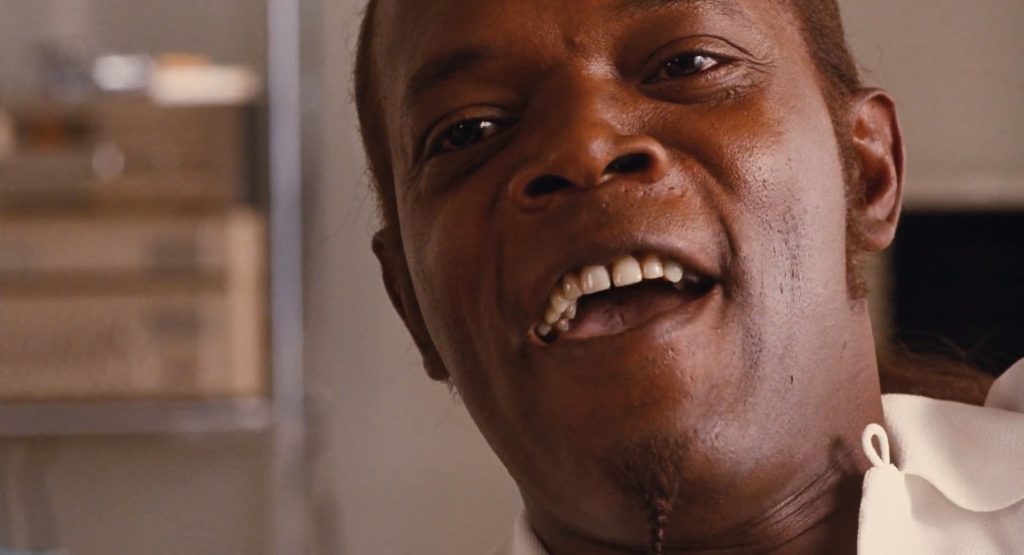Michael Keaton’s Casting in “Batman” (1989): Controversy and Vindication

In the annals of cinematic history, the casting of Michael Keaton as Bruce Wayne/Batman in Tim Burton’s 1989 film “Batman” stands as one of the most controversial and later celebrated choices.
Initial Outrage
The uproar following the announcement of Keaton’s casting was palpable. By the late 1980s, the dominant image of Batman, for many fans, was still influenced by the campy 1960s TV series starring Adam West. However, there was a growing number of fans acquainted with Frank Miller’s “The Dark Knight Returns,” a darker, grittier portrayal of the Caped Crusader. For these fans, Batman was a brooding, intensely physical figure—a stark contrast to Keaton’s public image.
Michael Keaton, primarily known for comedic roles in films like “Mr. Mom” and “Beetlejuice,” seemed an odd fit for a character that had been evolving in the comics towards a more noirish, grim persona. Fans feared that Keaton’s casting was a signal that the film would lean into the campier side of the Batman mythos, akin to the 1960s television series, rather than the darker, more mature tone they craved.
The backlash was significant, with reported tens of thousands of letters of protest sent to Warner Bros. In a pre-internet age, this level of fan outrage was noteworthy, illustrating the depth of passion and protective sentiment fans held for the Batman character.
Film’s Release and Reception
However, when “Batman” hit theaters in 1989, much of the skepticism was laid to rest. Keaton’s portrayal of Batman/Bruce Wayne was nuanced, bringing a sense of depth and internal conflict to the character. His Bruce Wayne was a recluse, tortured by his past and driven by an obsession, while his Batman was a shadowy figure of the night, using fear as a weapon against the criminal underworld. Keaton managed to capture the duality of the character, showcasing both Wayne’s vulnerability and Batman’s intimidating presence.
While Jack Nicholson’s portrayal of The Joker stole many of the headlines (and a significant portion of the film’s promotional material), Keaton received widespread acclaim. Critics and audiences alike praised his layered performance, with many noting that their initial reservations had been unfounded.
Aftermath
Michael Keaton’s casting and subsequent success in the role were significant for several reasons. Firstly, it proved that fan outrage, while valid and rooted in a deep passion for the source material, is not always predictive of the final product’s quality or success. Keaton’s Batman is now often cited as a touchstone portrayal, laying the groundwork for future actors who would don the cape and cowl.
Moreover, Keaton’s success underscored the importance of vision—both Tim Burton’s and Keaton’s—in adapting beloved material. They took risks, and those risks paid off, both in terms of box office success and in leaving a lasting legacy in the Batman film canon.
In the end, the controversy surrounding Michael Keaton’s casting serves as a reminder of the delicate balance filmmakers must strike when adapting beloved characters and the potential rewards of bold, unconventional decisions.





1 Comment
[…] (1988): A supernaturally infused comedy that deftly balances humor with horror. With Michael Keaton‘s unforgettable portrayal of the mischievous spirit and a storyline that revolves around life […]